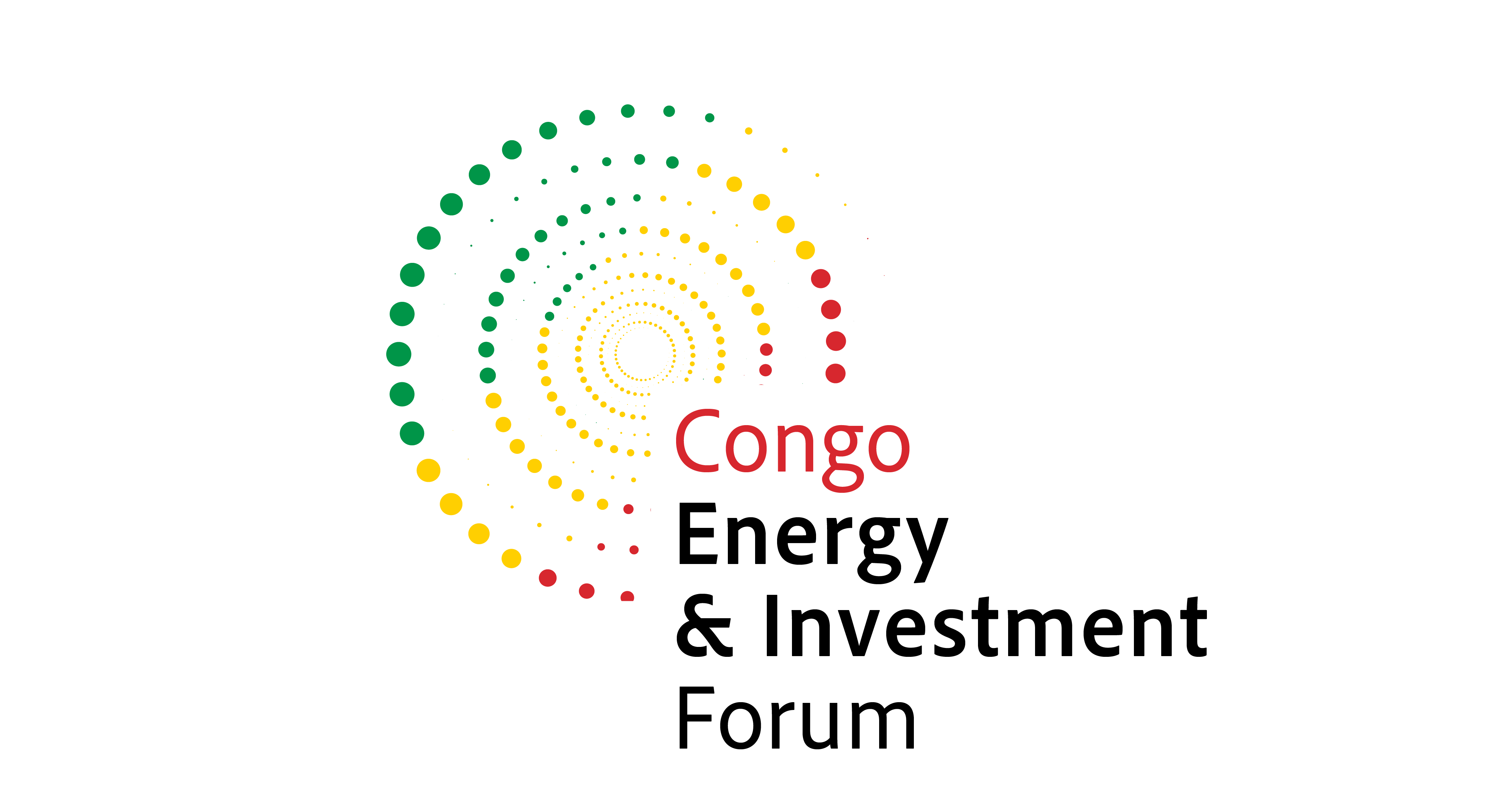Congo Modernizes Hydrocarbon Regulations, Approves New Share Transfer Rules
)
The government of the Republic of Congo (RoC) approved the terms and conditions last week for transferring shares or interests in petroleum contracts. Under the new conditions, the transfer of a company’s stake in an oil project in-country requires the approval of the Minister of Hydrocarbons. Transfers cannot occur during the first third of the oil permit’s duration, unless the Minister grants special permission, which serves to ensure that companies remain committed to their projects for a significant period of time. The Minister of Hydrocarbons has 90 days to approve or reject a transfer request, and national oil company Société Nationale des Pétroles du Congo (SNPC) has a priority right to buy the shares before other parties.
The government also clarified rules for selecting companies to be part of oil projects, aiming to make the process more transparent, mainly through competitive bidding, and boost public revenue by selecting contractors that provide the most economic benefit. These modifications come as the Congo seeks to revitalize its oil and gas industry, aiming to attract more than $2.2 billion in foreign direct investment. The inaugural Congo Energy & Investment Forum – set for March 25-26, 2025 in Brazzaville – will support the country’s investment drive, bringing together local stakeholders with international investors to advance industry best practices, new project rollouts and regulatory enhancements.
Enhancing Local Content Regulations
Along with improving oversight of ownership changes and transparency in the selection of project partners, the RoC is expanding its local content framework, striving to position the hydrocarbon sector as a catalyst for broader socioeconomic growth. Among other provisions, the country’s 2016 Hydrocarbons Code strengthened the role of SNPC in petroleum projects and prioritized local service companies for subcontracting work, requiring at least 30% of subcontracting capital to be Congolese-owned. Additionally, it mandated companies to submit recruitment plans focused on training and promoting Congolese workers, while limiting the employment of foreign personnel to a maximum of five years, subject to government approval.
Although the code has made significant progress in enhancing local content, several areas still require further development. In the upstream sector, local employment targets have yet to be met, with less than half of the workforce comprising Congolese nationals. To address this, authorities are working on new regulations to establish quotas for local hires, bolster training programs and facilitate the transfer of skills. This framework will also mandate specific jobs within oil and gas companies to be reserved for Congolese nationals, similar to measures in Ivory Coast and Gabon, and support the integration of local businesses and contracts into the country’s booming hydrocarbon industry.
Developing Legislation for Gas Valorization
In light of recent sector developments – including the shipment of first cargo from Congo LNG in February – Congolese authorities plan to introduce new legislation to support gas expansion, including a Gas Master Plan to be unveiled in November 2024. Formulated with the support of the World Bank, the comprehensive plan aims to regulate the entire gas sector, spanning aggregation, processing, storage, importation and exportation. According to Congolese Minister of Hydrocarbons Bruno Itoua, the Gas Master Plan will enable optimal management of natural gas, establish a favorable legal framework for investors, safeguard national interests and promote responsible resource management, while ensuring sustainable gas exploitation that complies with ethical and environmental standards.
As part of efforts to drive gas valorization projects and develop sustainable infrastructure, the existing Hydrocarbons Code may evolve in the future to align more closely with the country’s energy transition. A 2022 update to the code already tightened regulations on gas flaring and venting, now banned except in cases of safety, testing or special circumstances. The amendment aims to promote the utilization of associated gas and attract investment in projects in sectors such as petrochemicals, mining and agriculture through fertilizers, power generation and conversion of gas into liquid fuels. Further regulatory updates could see the requirement of oil and gas companies to adopt clean technologies and invest in sustainable energy initiatives. A model for this is Eni’s first agri-hub, a pressing plant currently under construction that will produce vegetable oil for use in the company’s biorefinery.


